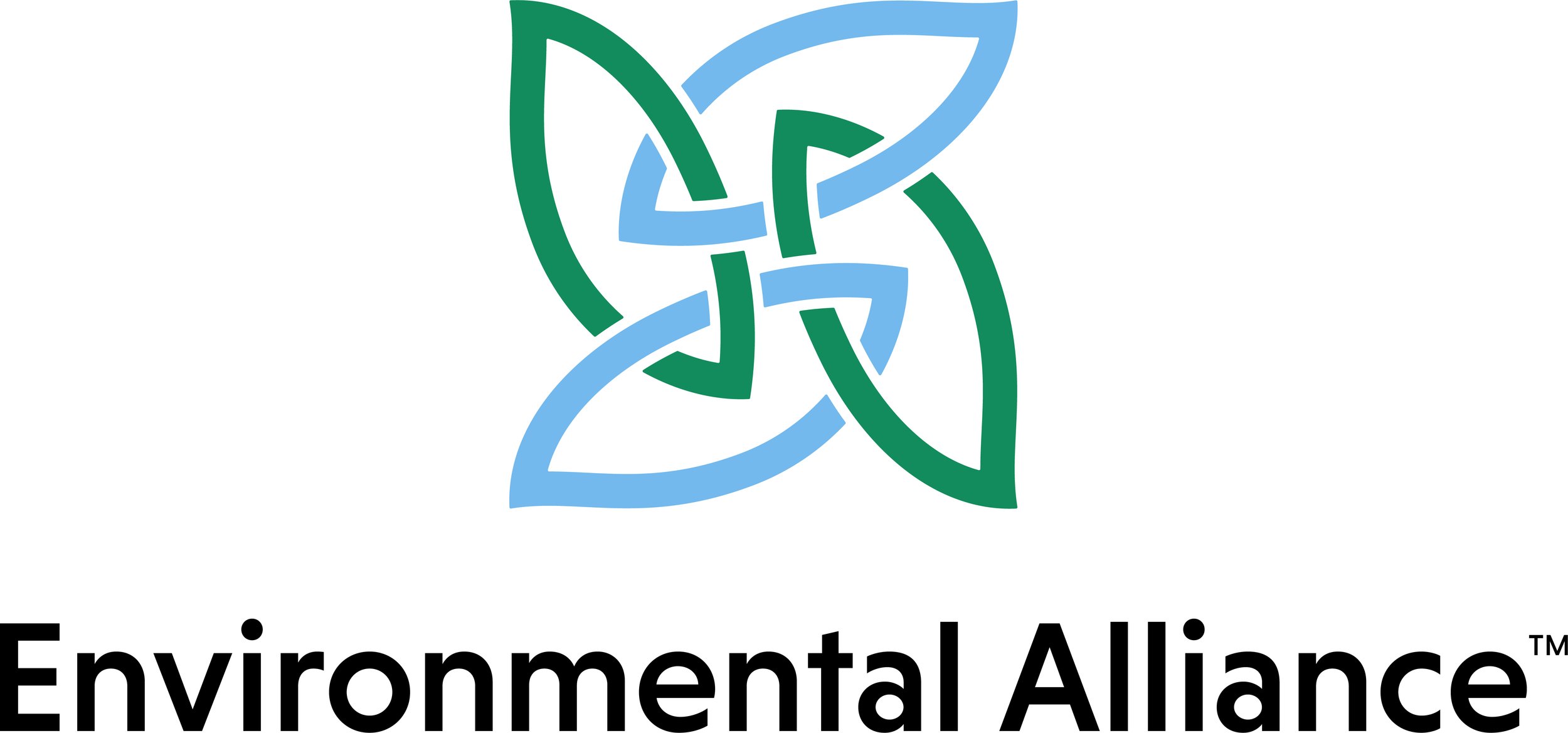The commercial fishing industry is growing at an unsustainable pace and, coupled with climate change, is at risk of collapse. From fresh sushi to a family meal, and even cattle feed, many consume ocean species in various forms, but how is waste affecting this already depleting resource?
Read MoreWe’ve all seen the images of plastic pollution littering the oceans, but how much do we know about how it actually gets there?
Read MoreThere’s no one solution to decreasing plastic waste—plastics have become too ingrained into our culture. Plastic pollution is a global crisis that carries with it a catalog of environmental and human health implications, starting from when they are first disposed of on land to when they eventually end up in the ocean.
Read MoreNowhere, it seems, is immune from plastic pollution: plastic has been reported in the high Arctic oceans, in the sea ice around Antarctica, and even in the world’s deepest waters of the Mariana Trench.
Read MoreOur consumption of contaminated seafood, microplastics can potentially act as a toxin to humans. For the sake of our environmental and human health, it is important to seek areas of change in the harmful life cycle of plastics.
Read MoreAre there solutions to rid our marine environment of the plastics that are negatively impacting everything from the fishing industry and food safety to tourism and the numerous species that depend on the ocean for their very existence?
Read MoreSeveral myths have perpetuated false narratives that could be detrimental to solving the problem if left unchecked. In this article, we debunk five common myths about plastic pollution.
Read MorePlastics are everywhere. Their invention was intended to be an environmentally friendly solution, in reality, plastics are an environmental nightmare. Plastics are a long-lived product filling a short term need, single-use plastics are just the tip of the iceberg.
Read MoreWhat do you think of when you think of plastic pollution? Bottles, straws, bags, maybe fishing nets floating in the ocean, but what about the chemicals that leach into the water?
Read More













